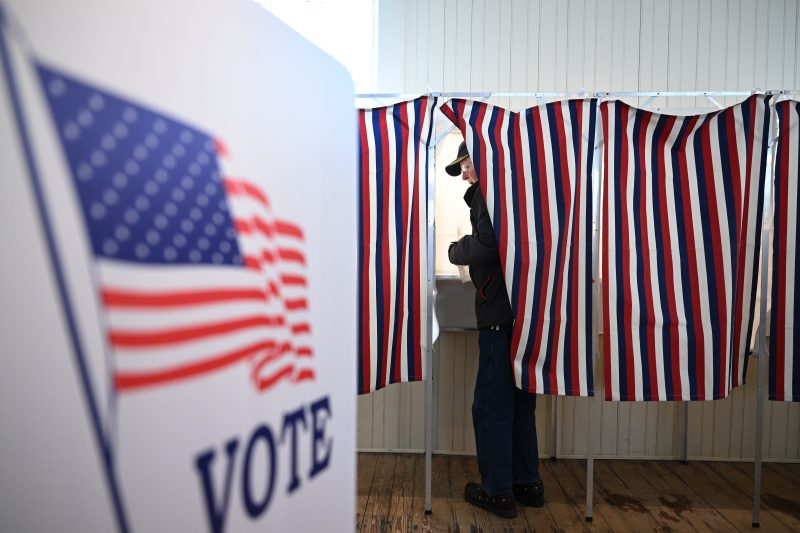The Electoral College vs. National Popular Vote Plan: Debating Democracy
Supporters of the National Popular Vote Plan (NPV) argue that it is crucial in addressing the shortcomings of the current Electoral College system. They claim that the NPV would ensure that the presidential candidate with the most votes nationwide wins the election, thus reflecting the true will of the people. However, opponents of the NPV have raised significant concerns about its potential impact on the democratic process and the integrity of the electoral system.
One of the core arguments against the NPV is the fear that it could lead to a scenario where densely populated urban areas dictate the outcome of the presidential election, marginalizing the interests and voices of citizens in less populated rural regions. The Electoral College, on the other hand, is seen as a safeguard against such tyranny of the majority by providing smaller states with a more proportional representation in the presidential election process.
Moreover, opponents of the NPV highlight the potential for increased election fraud and manipulation under a national popular vote system. They argue that concentrating the focus on the total popular vote count could create opportunities for fraudulent practices such as vote-buying, coercion, and voter intimidation, particularly in closely contested elections. The decentralized nature of the Electoral College, despite its own flaws, is seen as a deterrent to widespread election tampering since manipulating the results in multiple states simultaneously would be significantly more challenging.
Additionally, critics of the NPV question the constitutionality of the plan, arguing that it undermines the original intent of the Framers and disregards the balance of power between the federal government and individual states. The Electoral College was designed as a compromise to ensure that both state interests and the national will are taken into account in presidential elections. By circumventing the Electoral College through the NPV, opponents argue that states could lose their autonomy and influence in the electoral process.
Proponents of the Electoral College also emphasize the stability it provides to the presidential election process, preventing potential chaos and uncertainty that could arise from nationwide recounts or legal challenges in a close popular vote contest. The Electoral College system, by consolidating the election results at the state level, offers a clear and decisive outcome without the need for a protracted national recount that could drag on for weeks or even months.
While the NPV seeks to address perceived inequalities in the current Electoral College system and promote a more direct form of democracy, it is essential to carefully consider the potential implications and unintended consequences of such a dramatic reform. Balancing the principles of fairness, representation, and stability in the presidential election process remains a complex challenge that requires thoughtful deliberation and informed debate among policymakers and the public alike.

